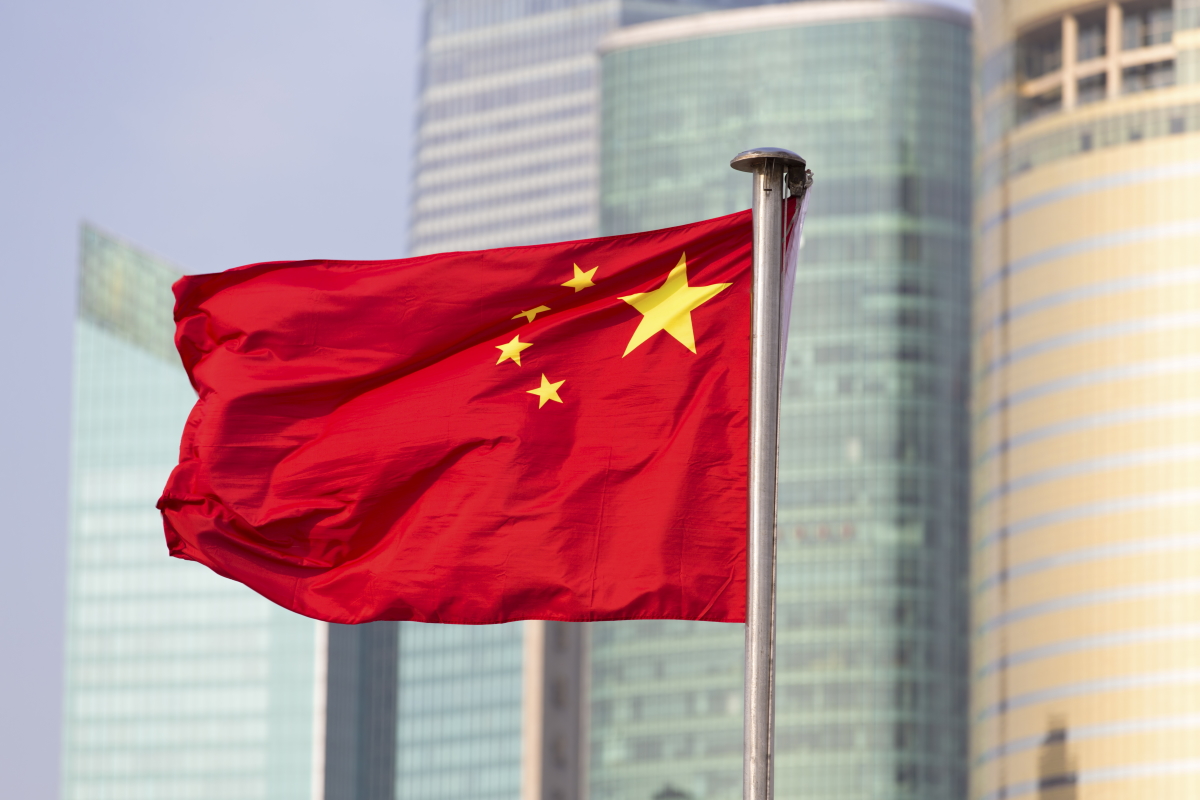Markets in China have been facing turbulence after the government initiated a series of regulatory crackdowns on the property, education and technology sectors. This is nothing exclusive for China, all governments must ensure a correct balance between market sentiment and regulation, argues investment company abrdn. Under this context, the firm published the research paper “Putting China’s regulatory changes into an international context” that explores the investment implications of China’s sweeping changes.
Abrdn says China is likely to become the world’s largest economy during the early 2030s, but there are growing pains beyond China’s borders – the US-China trade war and now the Russian invasion of Ukraine.
“Our research leads us to conclude that assets exposed to Sino-Western supply chains are most at risk, but broader re-pricing and persistent risk premia could be driven by an increased focus on values, democracy vs authoritarianism, and human rights records,” says abrdn in its report.
On the geopolitical front, cybersecurity, climate change and energy supply are the topics of tension according to abrdn. The asset manager says investors exploring Chinese assets face challenges of the regulatory limits and corporate pressures.
Abrdn notes that Western governments regulate tech firms for their voters, spur competition and ensure that the businesses pay taxes. However, in China, the motivations include consumer fairness, stability of the state, and the dual circulation policy to pivot the economy towards greater self-reliance. “Political motivation affects not only the path to regulation but the implications for future sectors,” says Robert Gilhooly, Senior Emerging Markets Research Economist at abrdn.
The report also analyses how the Chinese political and regulatory systems work compared to their Western counterparts. “In China, the system is more opaque and not subject to democratic process or extensive checks on political power,” adds Gilhooly.
The asset manager says investors must stay on their toes as China can announce sudden and more substantial regulatory changes compared to the West. However, there are certain benefits of such a policy for the overall business climate in the country. But can the pain of being invested in China result in long-term gains?
Read the full research paper here.
Read more

T. Rowe Price
Why US Treasuries may no longer be a safe haven
US Treasuries recent performance has fallen short of expectations.

Candriam
The euro bond market is back in focus
Rising yields and shifting fiscal dynamics are bringing the euro bond market back into focus.

Lombard Odier
EM equities – potential opportunities amid challenges
EM equities face renewed pressure amid US trade policy shifts, slowing growth, and investor outflows.

US Markets
100 days of Donald Trump
The first 100 days of Donald Trump’s second term have shaken markets. Asset managers weigh in on US equities, bonds, and the dollar.





















